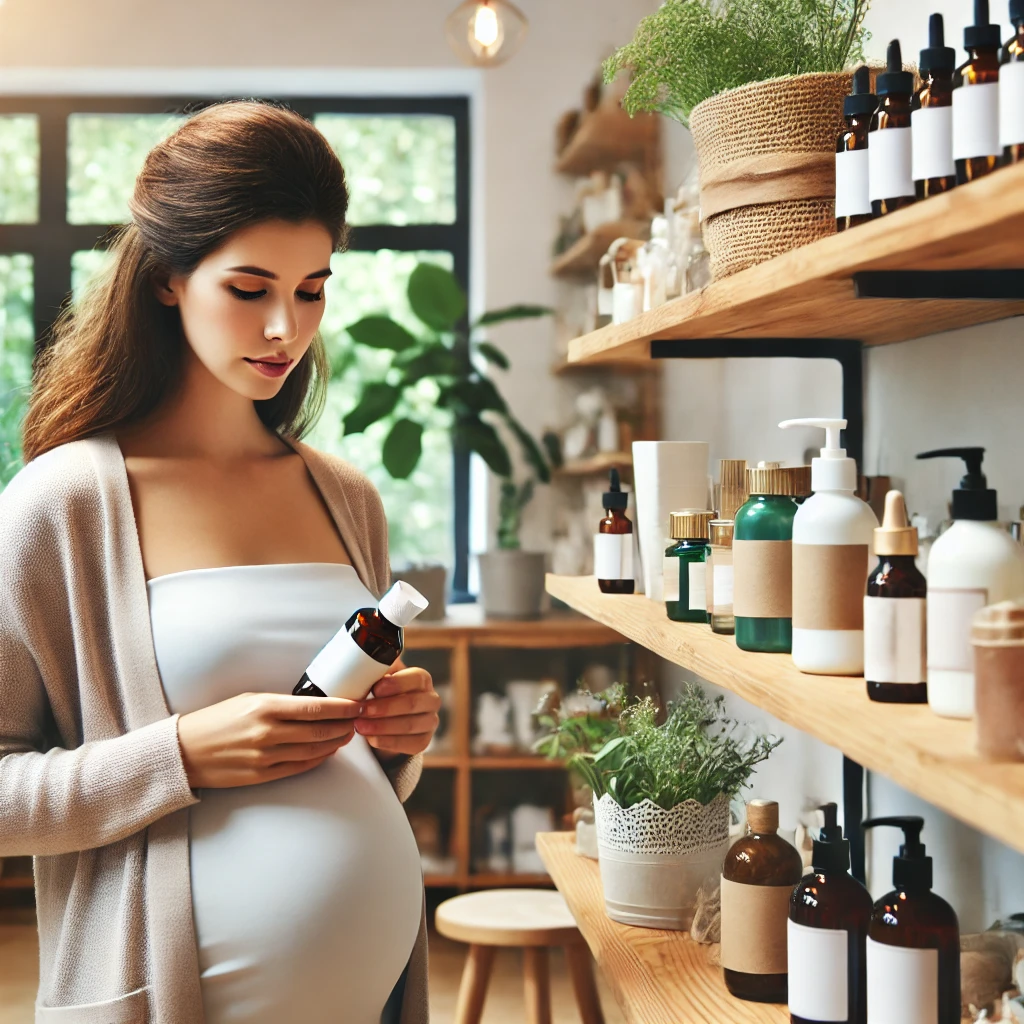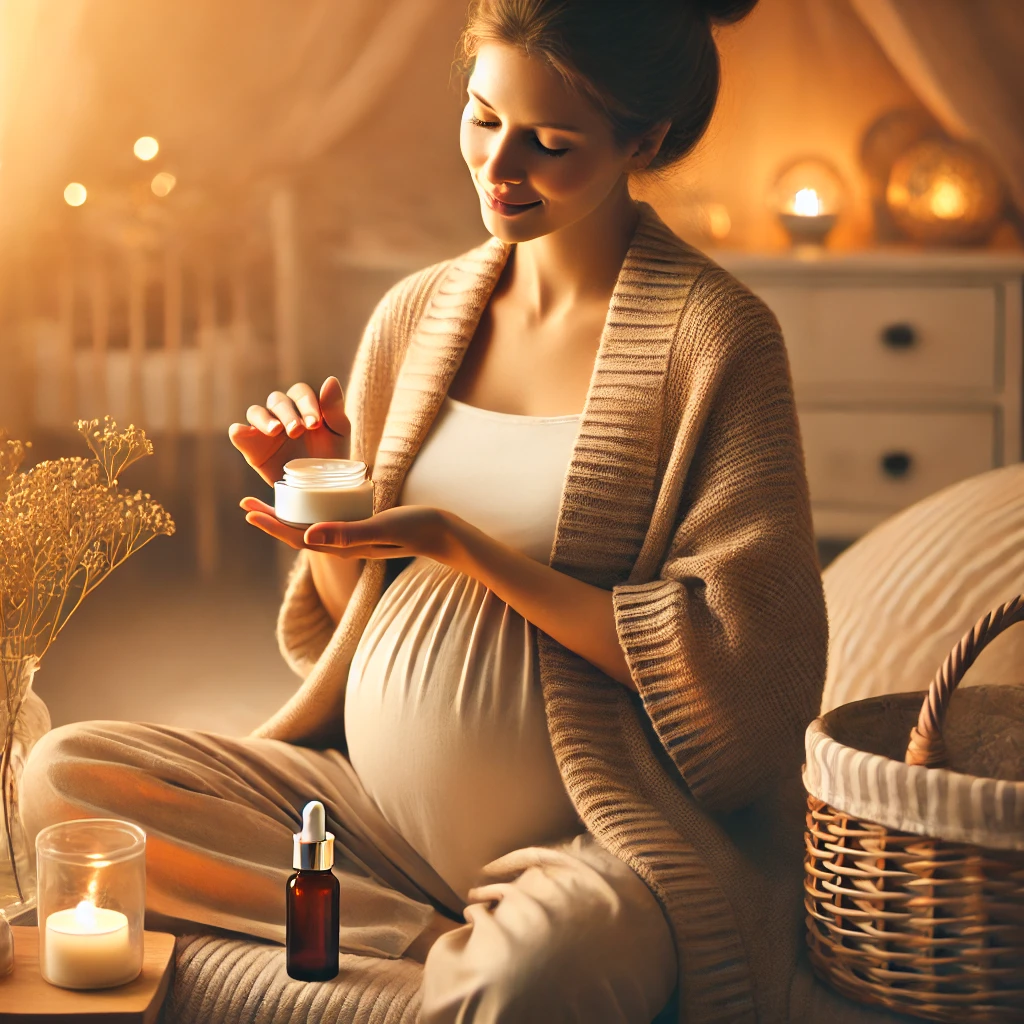Table of Contents
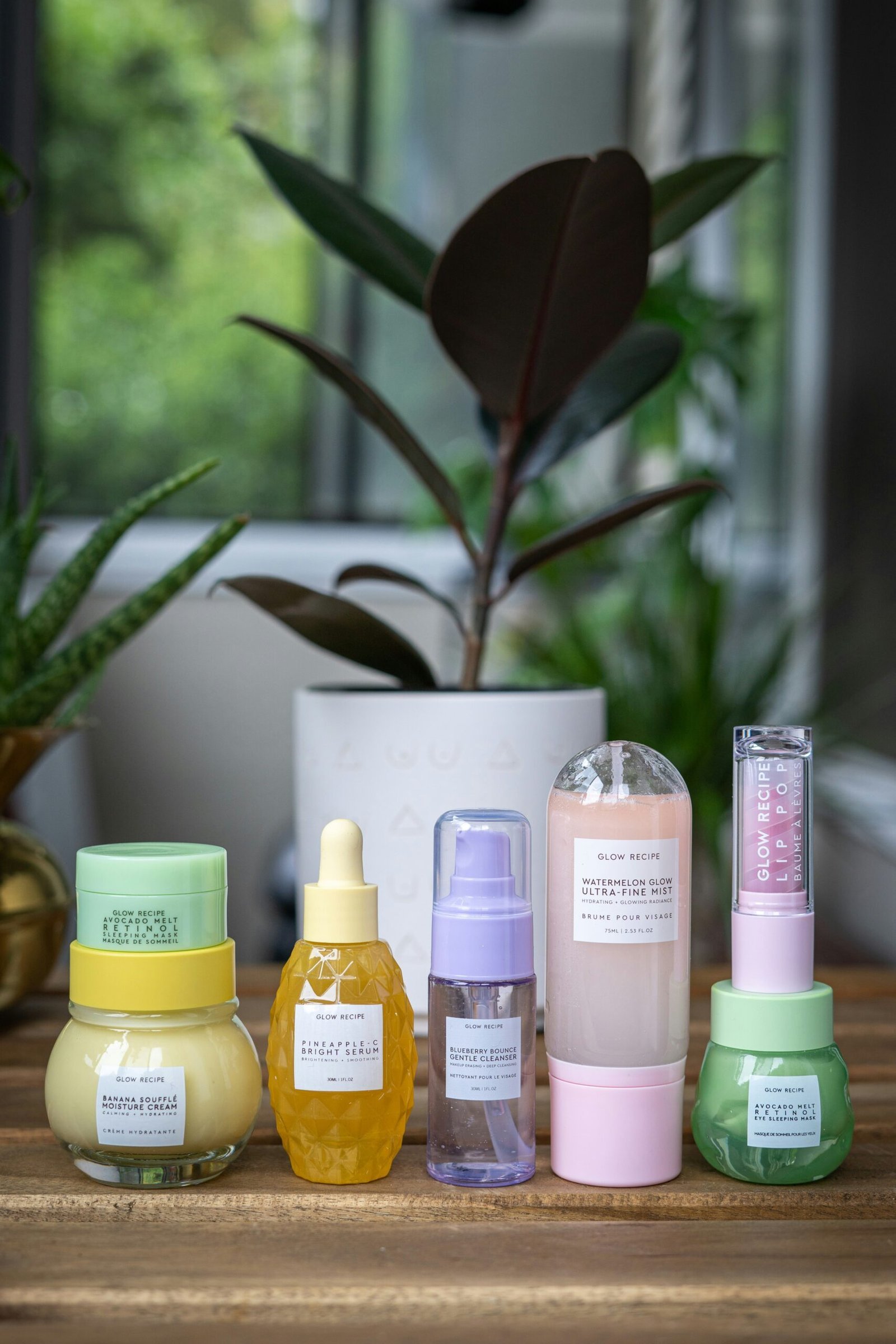
Introduction to Korean Skincare
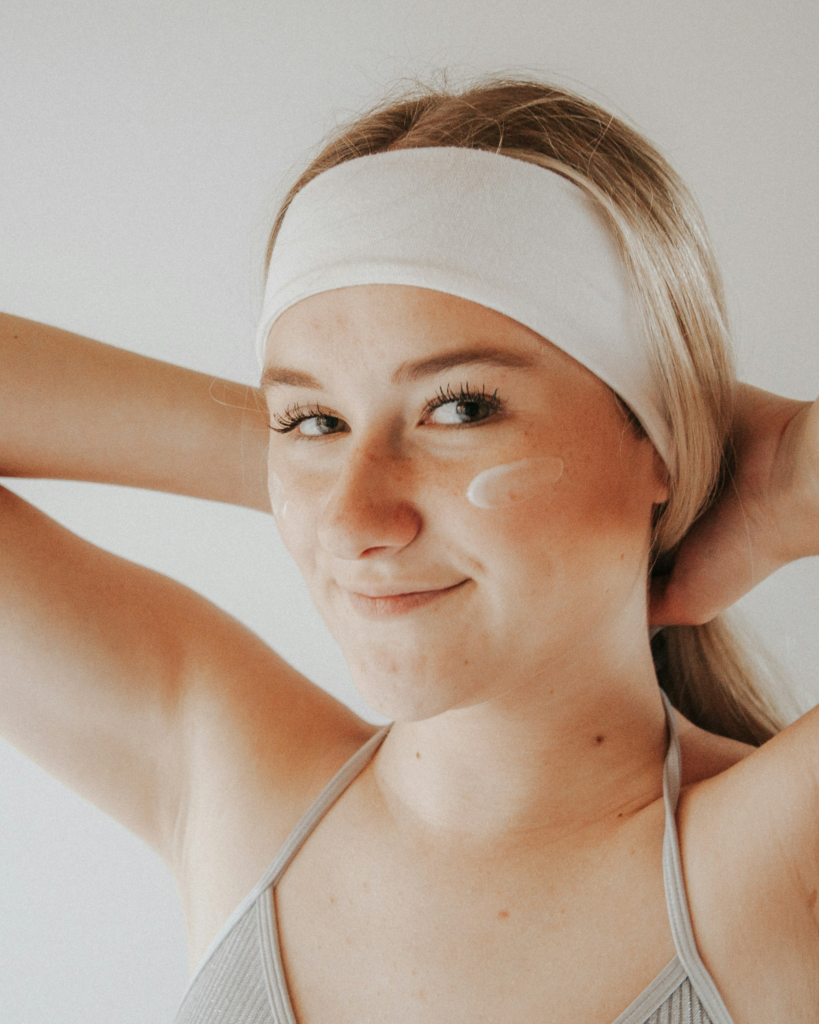
Korean skincare, often referred to as K-beauty, has fast become a global phenomenon, captivating beauty enthusiasts worldwide. Its exponential rise in popularity stems from a fundamentally different approach to skincare compared to Western routines. While Western beauty regimens typically focus on quick fixes and covering imperfections, Korean skincare emphasizes prevention, hydration, and maintaining healthy skin through meticulous care.
The hallmark of Korean skincare is its intricate multi-step process, which typically includes cleansing, toning, exfoliating, treating, moisturizing, and sun protection. This routine is tailored to address specific skin concerns while promoting overall skin health. Unique ingredients like snail mucin, ginseng, and fermented extracts are commonly found in K-beauty products, praised for their potent skin-rejuvenating properties.
Beyond the products and techniques, Korean skincare is deeply rooted in the culture and history of Korea. The concept of skincare as self-care is more than a trend; it’s a cultural norm that dates back centuries. Historical texts and royal beauty secrets reveal an enduring emphasis on maintaining clear and healthy skin, a practice that has evolved into today’s advanced skincare science.
Moreover, the importance of skincare in Korean culture is reflected in modern beauty standards and societal expectations. The pursuit of glowing, flawless skin is not merely aesthetic but also perceived as a reflection of overall well-being and self-respect. This cultural significance has fueled innovative advancements within the industry, making Korean beauty products a staple in the global market.
As we explore whether Korean skincare is truly worth the hype, it is crucial to understand these foundational principles that differentiate it from other beauty philosophies. The blend of tradition, innovation, and a holistic approach to skin health is what makes Korean skincare a fascinating and compelling topic in the world of beauty.
Key Components and Benefits of Korean Skincare
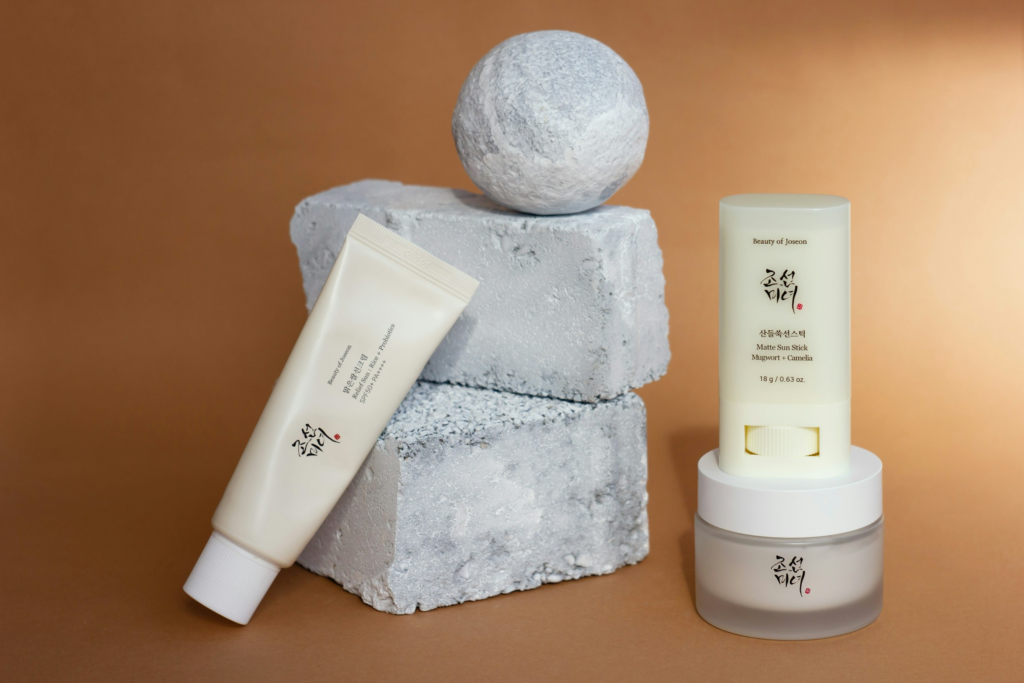
One of the primary distinctions that set Korean skincare apart from its Western counterparts lies in its unique ingredients and multifaceted approach. Core elements such as snail mucin, ginseng, and green tea often headline Korean skincare products. Known for its regenerative properties, snail mucin is celebrated for its ability to enhance skin repair and treat damaged tissues. It is said to aid in improving skin texture and promoting a youthful glow.
Another powerhouse ingredient, ginseng, has been used in Korean skincare for centuries. Ginseng is recognized for its anti-aging properties, helping to reduce the appearance of fine lines and wrinkles while energizing and revitalizing the skin. Paired with green tea, which is rich in antioxidants and anti-inflammatory compounds, these ingredients work synergistically to combat oxidative stress and soothe skin irritations, contributing to a clearer and more even complexion.
The renowned 10-step Korean skincare routine has garnered worldwide attention, with its proponents advocating for its comprehensive approach. This routine typically includes oil cleansers, water-based cleansers, exfoliants, toners, essences, serums, sheet masks, eye creams, moisturizers, and sunscreens. The rationale behind this extensive regimen is to address every aspect of skin health meticulously. Hydration is emphasized, with multiple hydrating and moisturizing steps ensuring the skin remains dewy and well-nourished.
Contrastingly, Western skincare often prioritizes efficiency, with fewer steps and a focus on potent actives. While scientifically researched ingredients such as retinoids and alpha-hydroxy acids are common, the Korean approach promotes a more holistic and gradual improvement, synchronizing various gentle treatments for lasting results.
Scientific studies lend support to some of the claims made by Korean skincare advocates. For instance, the hydrating benefits of multi-step routines have been documented, and the anti-inflammatory effects of green tea and reparative properties of snail mucin have been validated through research. However, as with any skincare regimen, individual results may vary, and it is crucial to consider personal skin type and concerns when selecting products and routines.
Is It Really Worth the Hype?
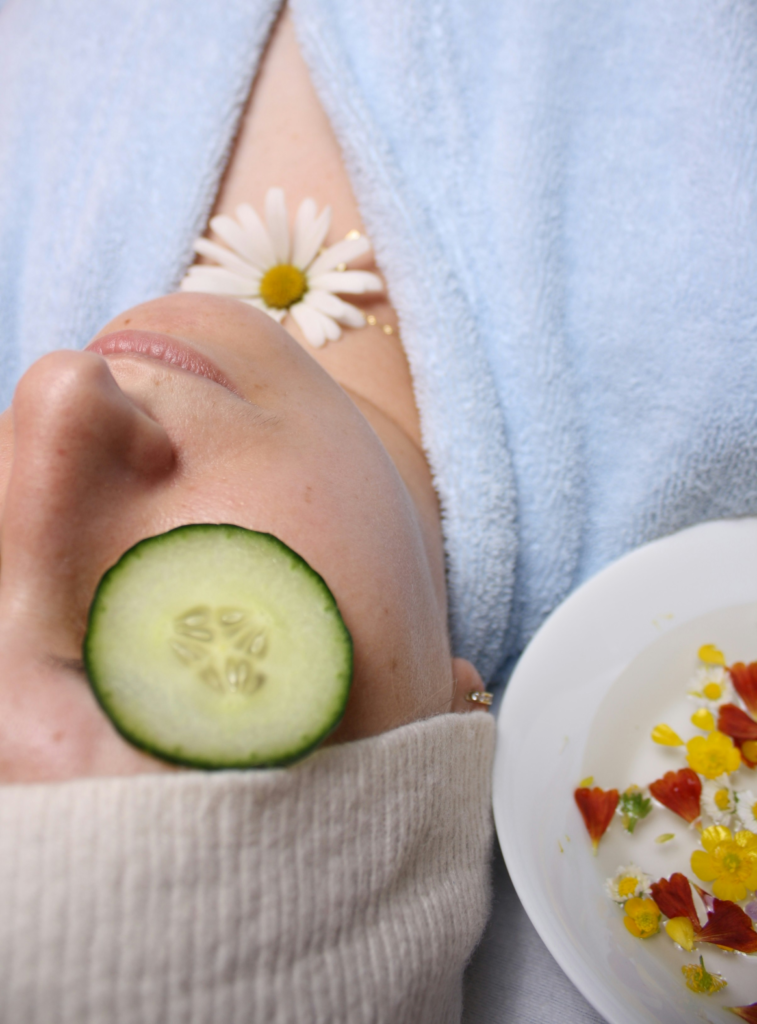
The allure of Korean skincare has captivated beauty enthusiasts worldwide, driven by promises of flawless, hydrated, and youthful skin. However, the overarching question remains: is it genuinely worth the hype? To answer this, it is essential to weigh the benefits and potential drawbacks comprehensively.
On the positive side, Korean skincare routines emphasize a multi-step approach, which includes cleansing, exfoliating, toning, and moisturizing, among other steps. This extensive regimen allows for thorough care of the skin, addressing various concerns like acne, dryness, and uneven tone. Moreover, Korean skincare products are celebrated for their high-quality ingredients, such as snail mucin, green tea, and hyaluronic acid, which are known for their efficacy in enhancing skin health.
However, there are notable drawbacks to consider. First, the cost can be a significant factor. A full Korean skincare routine often involves purchasing multiple products, which can accumulate quickly in expense. Additionally, the time commitment required for a comprehensive regimen may not suit everyone’s lifestyle, particularly those with busy schedules.
Availability of products can also pose a challenge. While online shopping has made Korean skincare more accessible globally, finding reliable sources and authentic products may still be difficult, leading to potential concerns about counterfeit items. Moreover, some critics point out the excessive packaging used in Korean skincare products, raising environmental and sustainability issues.
Criticism has also been directed at marketing practices, particularly the often unrealistic beauty standards promoted by the industry. While many find the aspirational imagery motivating, it can also foster unattainable expectations, potentially impacting self-esteem and mental health.
In essence, Korean skincare may be highly beneficial for individuals who are willing to invest time and money into a structured skincare routine and value high-quality, innovative products. Conversely, those with budget constraints, sustainability concerns, or limited time may find it challenging to fully embrace this beauty trend. As with any skincare regime, it is crucial to consider one’s unique needs and circumstances before diving in.


